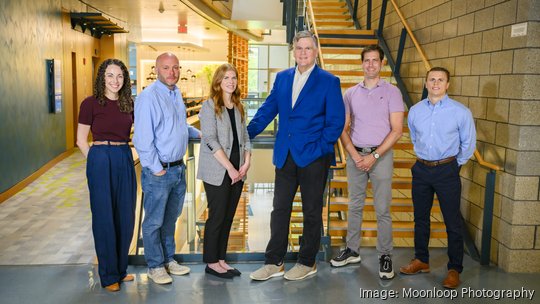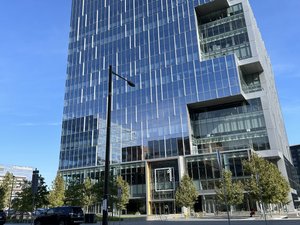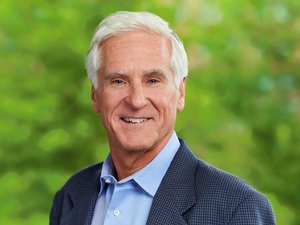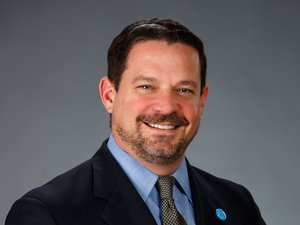
At the Innovation Space, 115 companies hit the milestone of $1 billion combined in fundraising this week, and the incubator is looking to leverage their successes in areas like therapeutics, materials science and clean tech to bolster Delaware's innovation economy.
The Innovation Space has been a catalyst for growing startups since it was founded in 2017. The Wilmington-based organization was created through a public-private partnership between chemical giant DuPont (NYSE: DD), the University of Delaware and the state of Delaware. Its footprint spans 130,000 square feet of lab and office space at DuPont's Experimental Station in Wilmington, where it houses around 20 startups. In addition, the incubator hosts two cohorts of its Science Inc. accelerator annually, offers early-stage funding for companies through the First Fund, and other programming.
From May 2022 to May 2023 alone, the Innovation Space added 26 companies that secured more than $140 million in funding. The calendar year of 2023 has been a bit slower, with fundraising for Innovation Space companies "in the tens of millions not the hundreds of millions," Innovation Space CEO Bill Provine said, who declined to disclose the most recent fundraising efforts which helped the incubator past the $1 billion mark. That slow down is on par with industry standards given the overall dampening of fundraising. Still, 22 companies have been added to the incubator's portfolio through its two accelerator cohorts so far this year.
Just six years old, Provine said the incubator "started fast" and grew with the startups it brought into its space and accelerator programs, helping it rapidly hit $1 billion in fundraising.
"The progress has been much faster than I would have predicted," he said. "I would've thought maybe we could be at $100 million six years ago. Here we are at $1 billion."
The Innovation Space's portfolio includes some heavy-hitting life sciences companies like NiKang Therapeutics, which raised $200 million in May 2021, and Prelude Therapeutics (NASDAQ: PRLD), which had a $158.2 million initial public offering in 2020. Health care companies make up about 55% of the Innovation Space's portfolio, while industrial startups account for 30% and clean tech firms 15%. It counts quickly-growing decarbonization startups Versogen and Carbon Reform in its portfolio. Combined, all of its companies have added more than 700 jobs.
Like a startup, Provine doesn't want the Innovation Space to grow faster than it can handle. There are no immediate plans to grow its physical footprint, but Provine is utilizing a $2.5 million grant from the state to upgrade lab equipment. The nonprofit will steadily add one or two new companies to its lab space as others graduate, he noted.
"We're still to some degree a startup supporting startups and I always want to have that mentality because markets change these days," he said. "We're being nimble to adapt in order to continue to grow and prosper ourselves."
Provine said that partnerships, especially in a small state like Delaware, have been essential to the success and growth of such a venture. University of Delaware President Dennis Assanis said in a statement that the Innovation Space has been "successful in transforming discoveries into innovative companies, and ultimately the economic development of our entire state and region."
That's something Provine wants to continue leaning into, with the Innovation Space having a "stronger and stronger role"in the innovation ecosystems both in Greater Philadelphia and nationally. Like the companies that they're already working with, he expects there to be a continued focus on therapeutics, clean energy and material sciences within Delaware's startup economy.
Those industries continue to thrive in the state that is home to materials science and chemical giants such as DuPont and W.L. Gore and Associates. Staying in that lane, convening that expertise, and creating a space for startups to get off of the ground will organically grow the Innovation Space over its next six years, Provine said.
"That's what we're focused on. We're not trying to be the next Silicon Valley, because what's the need?" he said. "We're about being additive and synergistic. How we do that and grow within Delaware, it's by being wise about where we select the focus. This is one example where we have generations of expertise built into our ecosystem. It's my job to channel that energy in support of our startups."







